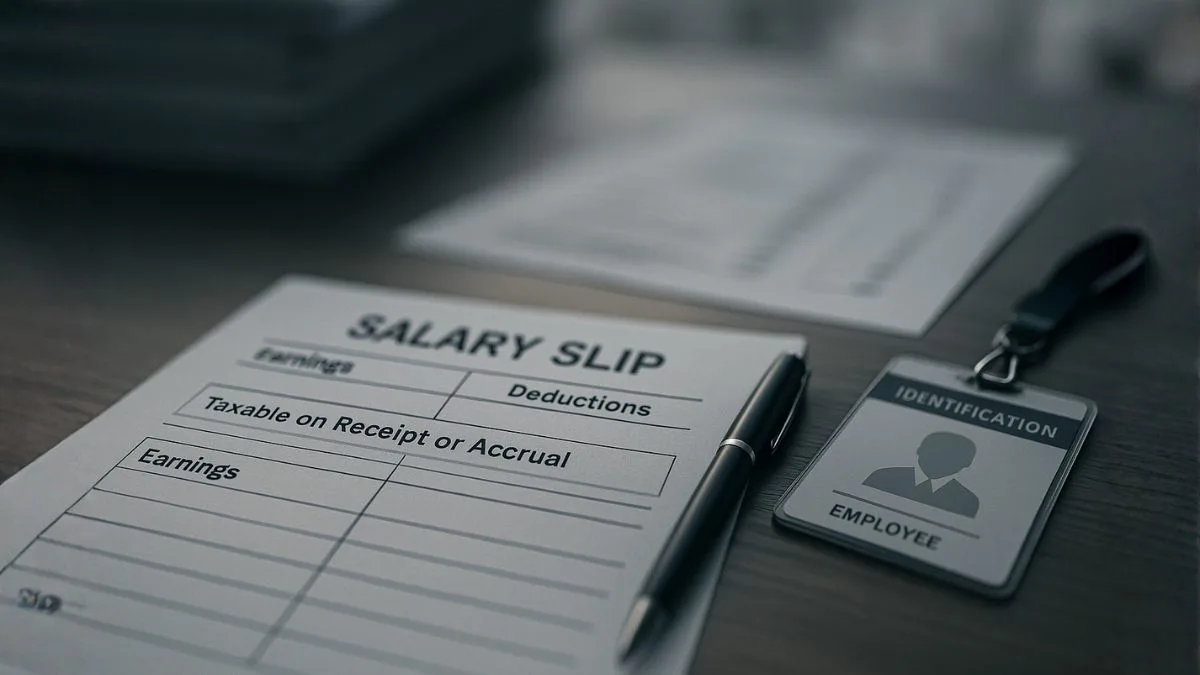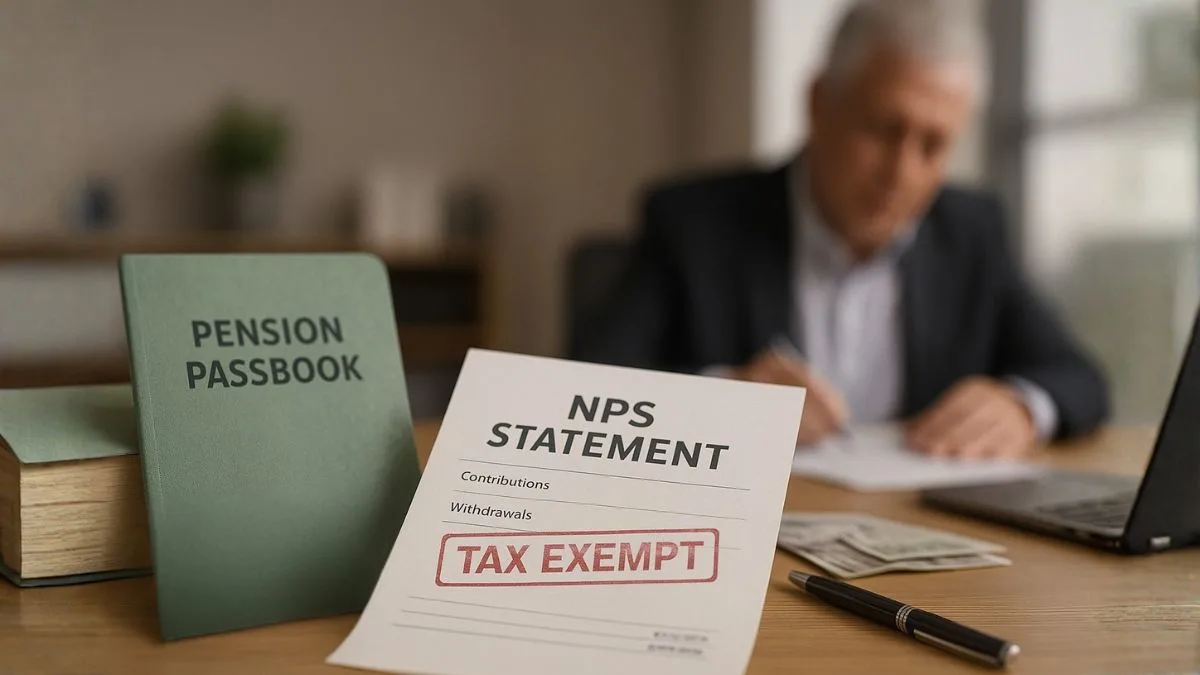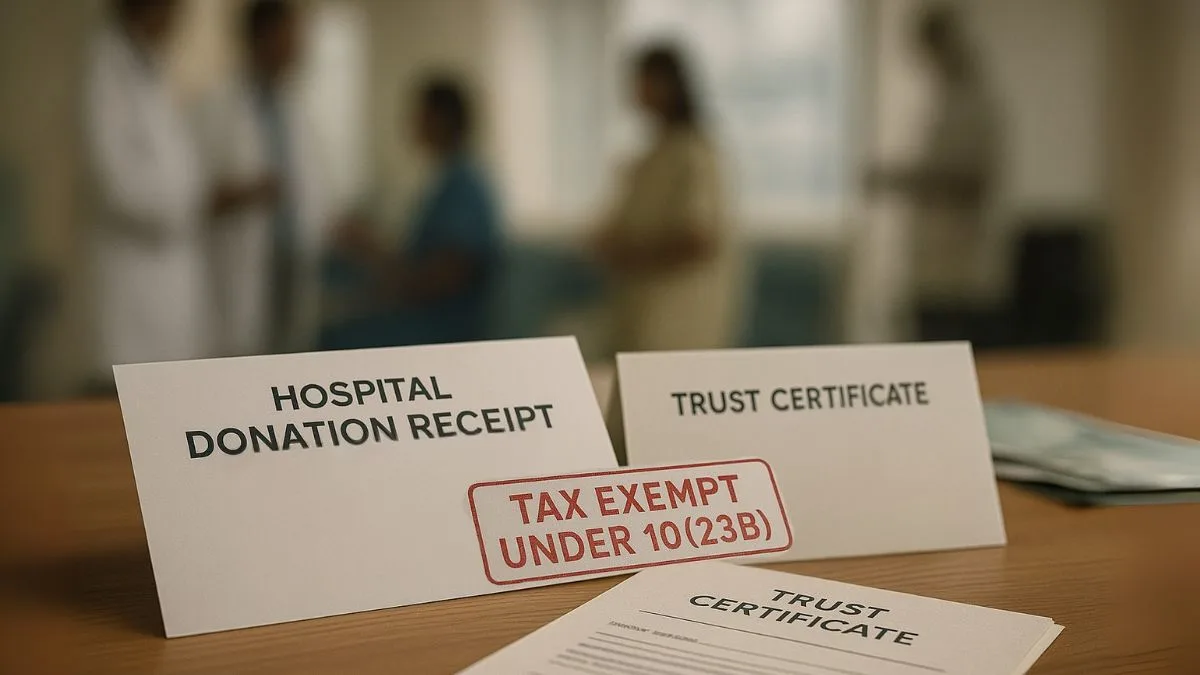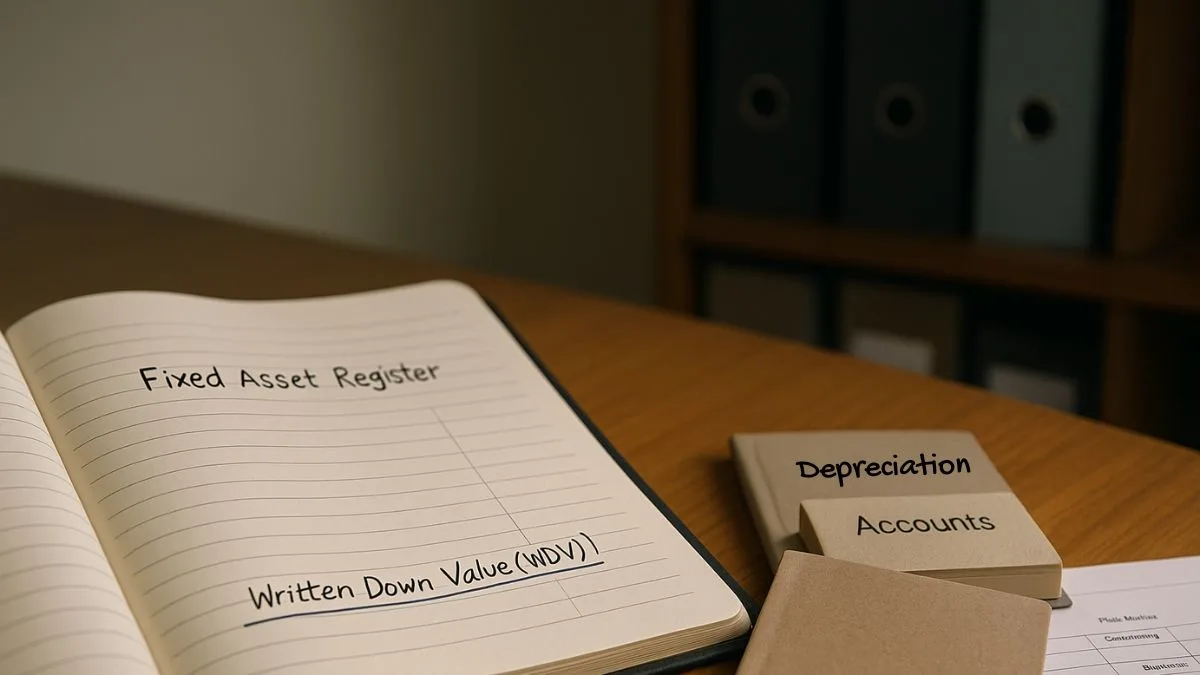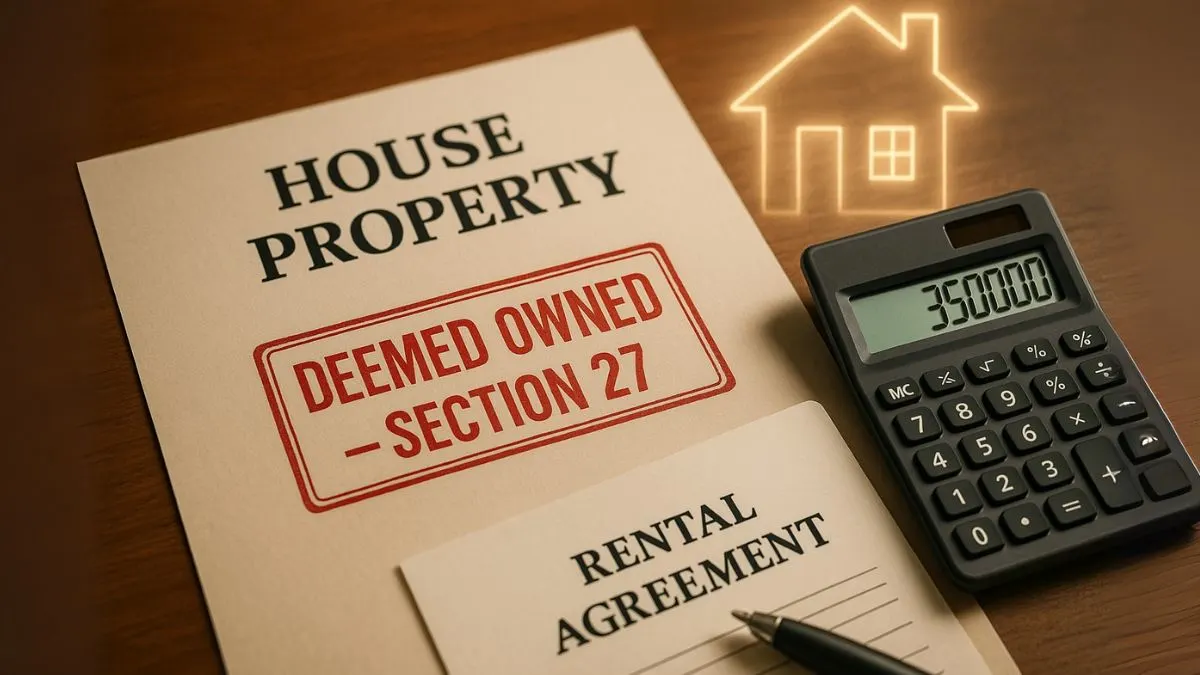
Property ownership and taxation in India are not always as straightforward as they appear. While it is natural to assume that the legal owner of a property pays tax on the income derived from it, the Income Tax Act recognizes that ownership may exist in forms other than legal title. Section 27 of the Income Tax Act addresses such situations. It defines the term “owner of house property”, explains what constitutes an annual charge, and clarifies cases where a person, though not the legal owner, is still considered the owner for tax purposes. This ensures that property income is taxed in the right hands, preventing misuse of ownership transfers to reduce tax liability.
Objective of Section 27
The purpose of this section is to prevent tax evasion by ensuring that property income is not unfairly diverted. If someone enjoys the benefits of a property but tries to avoid taxation by transferring it in name only, Section 27 intervenes. It treats such persons as deemed owners & makes them liable to pay tax on the income. In short, it looks beyond legal documents to identify the person actually enjoying ownership benefits.
Key Provisions of Section 27
Section 27 broadly defines three important aspects:
- Owner of house property – Includes not just the legal owner but also those who hold possession or enjoy ownership benefits.
- Annual charge – Any recurring charge on property, such as lease rent or fixed liability attached to ownership.
- Deemed ownership cases – Certain situations where a person is treated as the owner, even without legal title."
Cases of Deemed Ownership Under Section 27
Section 27 lays down specific cases where a person is considered the owner, even though the property is not registered in their name.
-
Transfer to Spouse: If an individual transfers house property to their spouse without adequate consideration, the transferor is treated as the deemed owner. For example, if a husband transfers a property to his wife as a gift, the rental income will still be taxed in the husband’s hands.
-
Transfer to Minor Child: Similarly, when property is transferred to a minor child (other than a married daughter), the transferor remains the deemed owner. This ensures that income is not shifted to the child’s name to lower tax liability.
-
Holder of Possession Rights: In cases where a person acquires possession of a property through part performance of a contract under the Transfer of Property Act, they are considered the deemed owner. This applies even if the legal title has not been transferred.
-
Member of Co-operative Societies: When a person is allotted a flat in a co-operative housing society, the member is considered the deemed owner, even though the property is registered in the society’s name.
-
Property on Lease for 12 Years: If a property is leased for more than 12 years, the lessee is considered the deemed owner, since they enjoy rights similar to ownership.
Also Read: Standard Deduction on House Property Income Explained
Why Deemed Ownership Matters
The concept of deemed ownership is critical in taxation because it prevents loopholes. Without this provision, taxpayers could easily transfer property to family members or enter into long leases to avoid tax. By treating such persons as owners, income from house property is taxable in the hands of deemed owner, ensuring fair & effective tax collection.
Example of Deemed Ownership in Action
Consider Mr. A, who owns a rental property generating ₹4,00,000 annually. To avoid higher tax, he transfers it to his minor son without consideration. As per Section 27, Mr. A is still considered the deemed owner. Therefore, the income from house property is taxable in the hands of deemed owner — Mr. A, not the son.
This example highlights how the section works to prevent tax avoidance.
Section 27 and “Annual Charge”
Another important term under this section is annual charge. It refers to recurring obligations linked to property, such as fixed payments to a trust or liability on account of mortgage interest. Recognizing this ensures that income is computed correctly while accounting for genuine deductions.
Link Between Section 27 and Section 22
Section 22 of the Income Tax Act provides that income from house property is taxable in the hands of the owner. However, ownership for taxation is not limited to legal ownership. Section 27 bridges this gap by explaining cases where a person, though not the legal owner, is considered the owner of a property. Together, these sections ensure that income is attributed to the right person."
Impact on Taxpayers
For taxpayers, Section 27 carries important implications:
- Prevents Tax Planning Loopholes – Transfers to family members without consideration will not shift tax liability.
- Clarifies Co-operative Housing Rules – Members are taxed as owners even if the society holds legal title.
- Recognizes Long-Term Leases – Leaseholders with 12 years are deemed owners.
- Ensures Tax Consistency – Income cannot be diverted unfairly to reduce tax liability.
Also Read: Taxing Property Even When It’s Vacant?
Judicial Rulings on Section 27
Indian courts have repeatedly upheld the principle of taxing income in the hands of the person enjoying ownership benefits. For instance, in cases involving transfers to minors or spouses, the judiciary confirmed that the transferor remains liable. Similarly, in housing society matters, courts have consistently treated members as deemed owners.
Practical Tips for Taxpayers
- Be cautious with property transfers – Ensure genuine consideration is involved, or else deemed ownership applies.
- Understand lease agreements – If the lease exceeds 12 years, you may be treated as the owner for tax purposes.
- Don’t rely on legal ownership alone – Tax authorities will look at beneficial ownership.
- Seek professional advice – Property taxation is complex; always consult a CA before making transfers.
Conclusion
Section 27 of Income Tax Act plays a vital role in defining who is considered the owner of house property. It covers owner of house property, annual charge, and cases where a person, though not the legal owner, is considered the owner of a property. It ensures that income from house property is taxable in the hands of deemed owner, plugging tax evasion loopholes & clarifying complex ownership situations.
👉 Want to avoid mistakes in property taxation? Get expert guidance at Callmyca.com, where professionals help you handle property-related income tax issues with ease.



